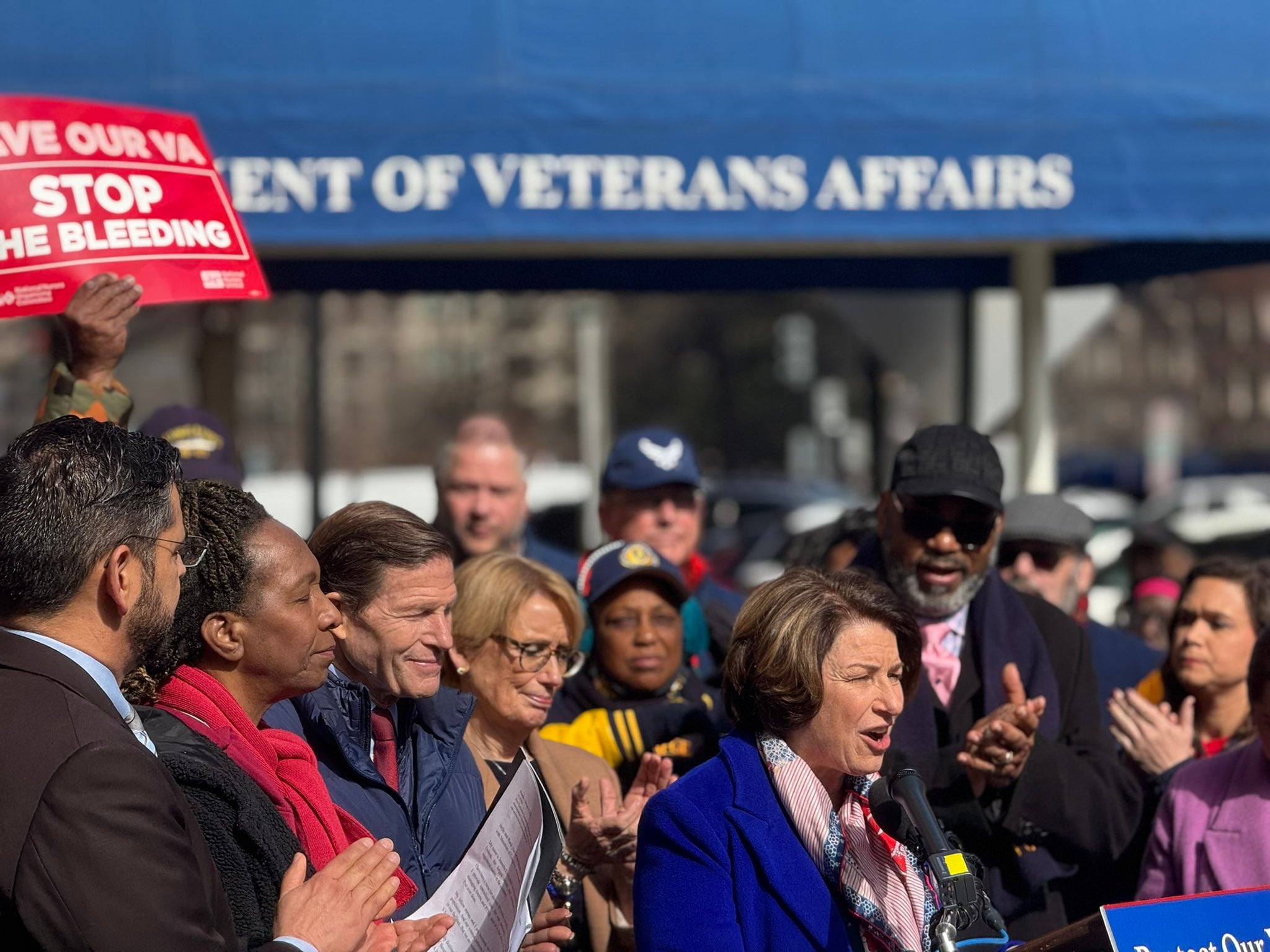ATLANTA — Budget uncertainty hasn’t derailed the Army’s major plans to improve quality of life across the force, senior officials told Army Times ahead of the Association of the U.S. Army’s annual conference.
Those quality of life initiatives are an integral part of Army Chief of Staff Gen. James McConville’s “people first” agenda, but it’s not just about the soldiers themselves.
“It’s also about quality of life initiatives for our soldiers and families,” he explained. “We always like to say [that] we enlist soldiers, but we retain soldiers and families.”
That’s the motive behind the service’s ongoing investments in housing and childcare, McConville added.
What’s new next year
Lt. Gen. Jason Evans, the service’s G-9 deputy chief of staff, spoke with Army Times about some of the new initiatives in the works, as well as ongoing ones.
Evans’ portfolio includes installations, military housing, childcare, family initiatives and the environment.
The Army is about to reform the Exceptional Family Member Program application process, Evans said. EFMP is a program that takes the special medical needs of family members into account when making personnel decisions, allowing families to remain at installations that have the medical care they rely on.
The new application process “will really take us out of the industrial age and bring us into the information age,” Evans said. “[We will have] an enterprise application that will now automate the application process for family members,” and allow them to track the progress of their application, he added.
RELATED

The G-9 is also working to streamline programs to encourage Army spouses who are starting their own home-based businesses, Evans said, as well as offering reimbursement for professional licensure costs.
Currently, he added, 42 states have provisions to assist military spouses seeking reciprocal licensure or certification, but that’s not enough.
“We do think that the more help we can get on the national level to get…reciprocity across the states, that will be great for the spouses,” Evans said. “We’re a mobile workforce and so spouses and their soldier move as a family.”
The service is also piloting on-post co-working spaces intended for spouses, he added.
One such space is located at Fort Belvoir, Virginia, with plans to expand it to other installations.
Ongoing initiatives
Family housing has been an area where the Army has been heavily scrutinized by lawmakers and the public.
There have been “a lot of challenges with the privatized housing situation a couple years ago,” Army Secretary Christine Wormuth said in an interview. “I think we’re in a much better place in terms of making sure that the privatized housing that we’re offering to our soldiers and families is good quality.”
The service is also on pace to meet its 10-year, $9.5 billion goal for modernizing existing barracks and building new facilities, Evans said.
He emphasized that the Army’s continued success in retaining talent will depend on barracks and housing, which he described as his directorate’s “number one priority.”
McConville faced tough questions from lawmakers in June who feared that the Army’s efforts to protect its modernization priorities against a projected budget cut could leave housing improvements by the wayside.
But lawmakers have since signaled their willingness to support the Army’s entire unfunded priorities list, which would provide the money for the Army to execute an additional 14 barracks projects in fiscal 2022.
RELATED

“We feel good about the quality of life projects that are in there, which includes things like housing, Child Development Centers, and other quality of life things,” Evans said.
“Downward pressure” on the service’s budget over the next several years means funding these initiatives while “trying to protect our modernization program” will be a balancing act, Wormuth told Army Times.
The Army G-9 offered a similar assessment.
“We [will] come up with funding allocation options, along with the risks [of not funding], so that we can provide that to Army senior leaders for their decision,” Evans said.
The pandemic also demonstrated the need for additional — and more flexible — childcare opportunities for the force, Evans noted.
A program meant to provide in-home childcare is offering financial incentives to soldiers, he said, and will soon expand to include 250 families.
Three new childcare centers are slated to receive construction approval this year, he added, and another 18 are on the military construction priority list for authorization by 2030.
Recruiting and retaining childcare staff has been a challenge, he admitted, leading the Army to authorize garrison commanders to order pay raises in their local areas.
Davis Winkie covers the Army for Military Times. He studied history at Vanderbilt and UNC-Chapel Hill, and served five years in the Army Guard. His investigations earned the Society of Professional Journalists' 2023 Sunshine Award and consecutive Military Reporters and Editors honors, among others. Davis was also a 2022 Livingston Awards finalist.





